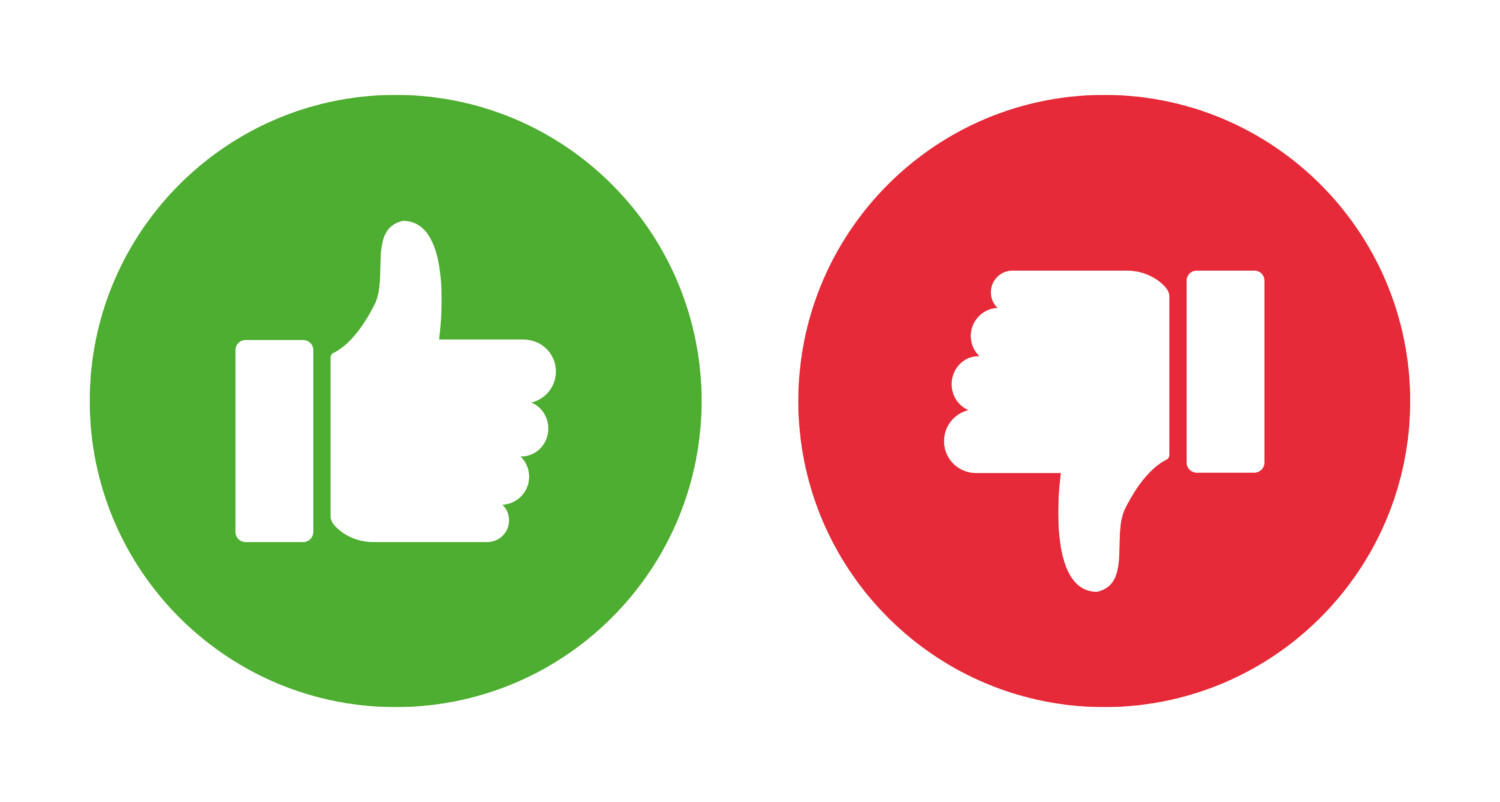Are you an emoji lover? Are your texts filled with cute little icons representing your thoughts and feelings? The next time you go to drop an emoji in your messages, you might want to think about the power they have, especially in a court of law.
One man learned the hard way when a Canadian judge ruled that a “thumbs-up” emoji he sent to a business partner had enough weight to confirm a service contract. Yes, that one little emoji was recognized as a legal, binding agreement.
In other words, the judge gave the man a thumbs-down for this thumb-up argument.

The emoji exchange happened between two men from Saskatchewan, Canada: Chris Achter, a local farmer, and Kent Mickleborough, a grain buyer. During a series of texts between the two men in 2021, the men discussed a contract for Achter to sell flax to Mickleborough for $82,200 in Canadian dollars, or about $62,300, according to court documents.
Mickleborough had signed the paper contract, took a photo of it, and sent it to Achter with “Please confirm flax contract” in the message.
Achter replied with a thumbs-up emoji.
The buyer believed the reply meant Achter accepted the terms of the signed agreement, and a contract was secured.
However, Achter told the court he only used the emoji to confirm he’d received the contract.
“I confirm that the thumbs-up emoji simply confirmed that I received the Flax contract,” he said in a court deposition. “It was not a confirmation that I agreed with the terms of the Flax Contract. The full terms and conditions of the Flax Contract were not sent to me, and I understood that the complete contract would follow by fax or email for me to review and sign.”
However, the judge in this case, Justice T.J. Keene, ruled that due to the parties’ previous business dealings and repeated use of text messages over the years for transactions, Mickleborough was right to believe the thumbs-up emoji represented a contract agreement.
MORE: You can soon pay with your palm at Whole Foods
In his June 8 ruling, Keene acknowledged that the emoji is a “non-traditional means to ‘sign’ a document,” but he said the evidence showed a binding contract.
The judge also said courts need to adapt to technology and the shift in digital communication when interpreting the law and ruling in court.
“…this Court cannot (nor should it) attempt to stem the tide of technology and common usage – this appears to be the new reality in Canadian society and courts will have to be ready to meet the new challenges that may arise from the use of emoji and the like,” he wrote in his ruling.
Eric Goldman, a law professor at Santa Clara University School of Law, told The New York Times that this ruling would not be the definitive word on the power of emojis in every conversation and if they constitute a legal agreement.
“This case won’t definitively resolve what a thumbs-up emoji means, but it does remind people that using the thumbs-up emoji can have serious legal consequences,” Goldman told the Times.
This story originally appeared on Simplemost. Check out Simplemost for additional stories.


